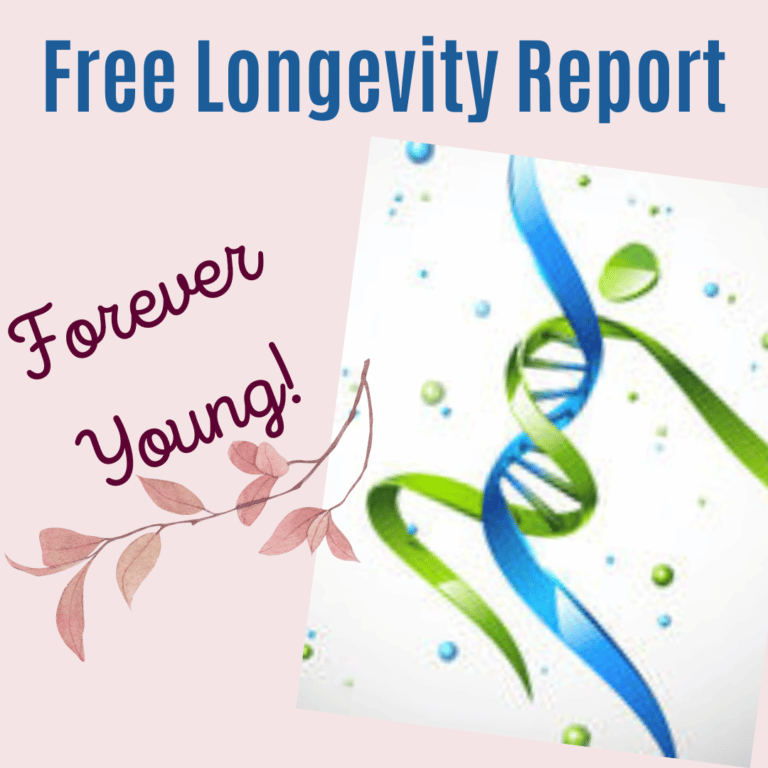
Dairy Allergy? Let’s Find Out! Atlanta, Ga
Alane Stieglitz-Wincek
holistic nutritionist, naturopath, author
678-372-2913 / alanepnd@gmail.com
October 23, 2021
Remember the “Got Milk” days? Most likely, you’ve got milk if you have kids, and many kids and adults can have a dairy allergy.
When I was growing up, I visited the dairy barn with my mom every week for fresh milk. It tasted so good in a bowl of cereal or my favorite chilled glass. Drinking milk with every meal was a habit in my house. As young children, other dairy foods that we enjoyed were ice cream, pudding, and cottage cheese. Mom would always say to finish your milk before you go to school. Hmm, maybe I shouldn’t have listened.
Milk and other dairy products were part of my childhood, but as I got into my early teen years, I started to get symptoms that indicated I might have a dairy allergy. My symptoms were blemishes, gas, bloating, itchy skin, and brain fog when I needed to think clearly for school.
The first thing I tried was lactose-free milk; it did not help much. In college, I even carried lactate drops with me to the ice cream place to eat the ice cream without feeling sick. I wanted the drops to help, but they did not.
When I started working in nutrition and learning about proteins that affect our health poorly, lactose, the dairy protein, seemed to be the number one problem and gluten the second. And I began to wonder if some symptoms I had as a young child and teen were from a simple dairy allergy.
What is Lactose? Lactose is merely the natural sugar found in milk and dairy. Lactose comprises two simple sugars and creates a molecule too large to be absorbed by the small intestine. Most of us are born with an enzyme produced in our small intestine called lactase, but when we are low in lactase production, this causes lactose intolerance.
The symptoms of lactose intolerance are a prime example of What Is Negative With Dairy! Bloating, gas, reflux, constipation, or diarrhea are classic symptoms of lactose intolerance. Other dairy allergy symptoms can be acne, eczema, brain fog, hives, sinus congestion, ear infections, etc.
Casein and whey are both proteins found in dairy and affect us differently. Casein contains A1 beta, linked to type 1 diabetes, heart disease, autism, inflammation, and digestive problems. Popular alternatives to cow’s milk are sheep and goat milk, which contain casein but far less than cow milk, making them much easier to digest. Cow milk also contains whey protein which is considered a very sharp contrast to casein due to being easier to absorb in some people. Whey is usually recommended for infant formula and is often found in nutritional supplements.
However, after 30+ years in this field, I have learned that people having a dairy allergy or intolerance need to avoid the protein. I enjoy unsweetened vanilla almond milk in a smoothie or cereal. And by doing this, I avoid all of the dairy allergy symptoms. It is worth it!

Hey! I’m Alane Stieglitz-Wincek. I grew up on sugar and plenty of junk food and had no clue how my diet effected my health.
I changed my life and have worked as a holistic nutritionist and naturopath, for over the last 30 years. I help people get healthy, fit and lean, find hormone happiness and recover from all sorts health challenges.
Obsessed With: my family, my dog, my clients, loving life, and living it to the fullest!




